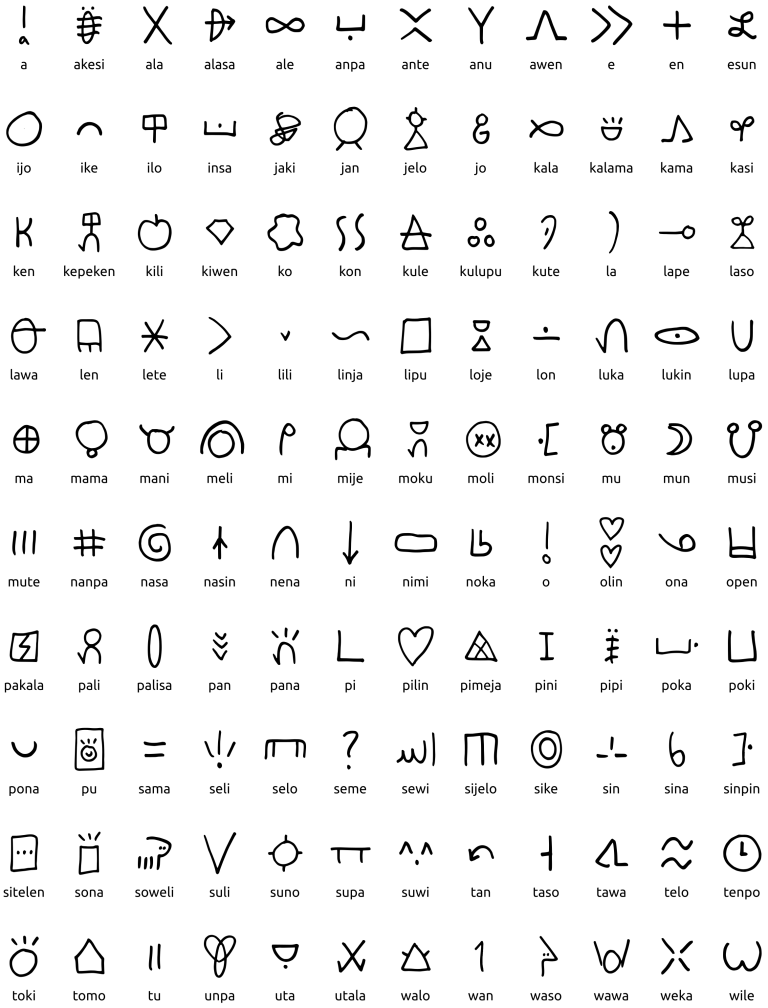News
Canadian scientist created a unique language with only 120 words in 2001: there are already thousands of speakers today
Canadian translator and linguist Sonja Lang has created a unique language called Toki Pona. It's quite easy to learn the new language as it has only 120 words. Researchers estimate that there are 1,022,000 words in English, for example, and that this number grows by about 8,500 new lexemes every year. At the same time, the Toki Pona project maximizes meaning and minimizes complexity.
Toki Pona originated from English, Dutch, Finnish, Mandarin, and Cantonese. Currently, there are thousands of native speakers of the new language, Ifl Science reports.
A language of kindness
As Lang explains on the official Toki Pona website, "Toki Pona is a language I invented in 2001. It was my attempt to understand the meaning of life in 120 words. Now there are thousands of speakers and 137 important words."
Toki Pona is probably the easiest language in the world to learn. The name comes from the English word "talk" and the Esperanto word "bona" meaning good, so it can be roughly translated as "the language of goodness".
The simple, minimalist structure and concise vocabulary, which does not contain any negative connotations, were developed based on the Sapir-Whorf Hypothesis, according to which the structure of a language influences the worldview or cognition of its speakers.
How to speak Toki Pona
Toki Pona has spread rapidly, especially among online communities that have created groups dedicated to the language. In 2021, Leng published a book enriching the Toki Pona vocabulary with suggestions from native speakers around the world. After this publication, the vocabulary consists of 137 basic words and additional, less common words.
There are only 14 letters in the alphabet, 9 consonants (p, t, k, s, m, n, l, j, w) and 5 vowels (a, e, i, o, u), chosen to be easy for everyone. The sentence structure is also simple and familiar to most people: subject + verb + object.
Nouns are not inflected for number. For example, jan can mean person, people, humanity, or someone, depending on the context. In addition, with such a small vocabulary of root words, Toki Pona relies heavily on noun phrases, where the noun is modified by the following root to produce more complex meanings, e.g. jan followed by utala, to fight, translates to fighter, soldier, or warrior.
However, the simplicity can sometimes be confusing as the meaning of a sentence is highly context-dependent. For example, moku means both eat and food, so depending on the context, mi moku can mean either I eat or I am food.
Numerals are very interesting: there are wan for one, tu for two, and mute for many.
To make things even easier, Leng invented a writing system for the logographic system called sitelen pona. The sitelen pona hieroglyphs are used to combine several words into one.
Subscribe to OBOZ.UA channels on Telegram and Viber to keep up with the latest events.




























